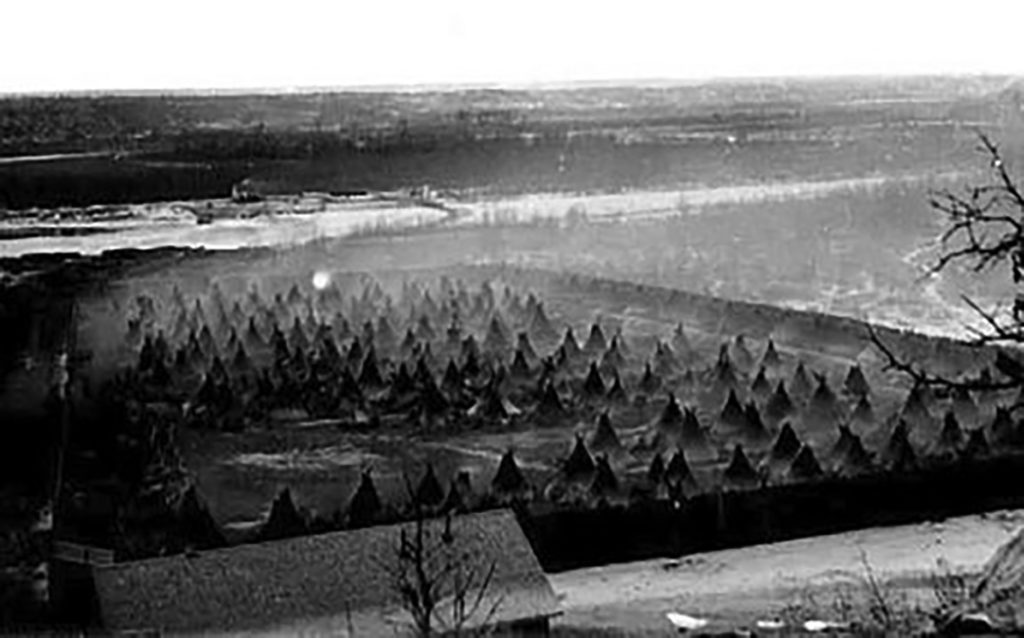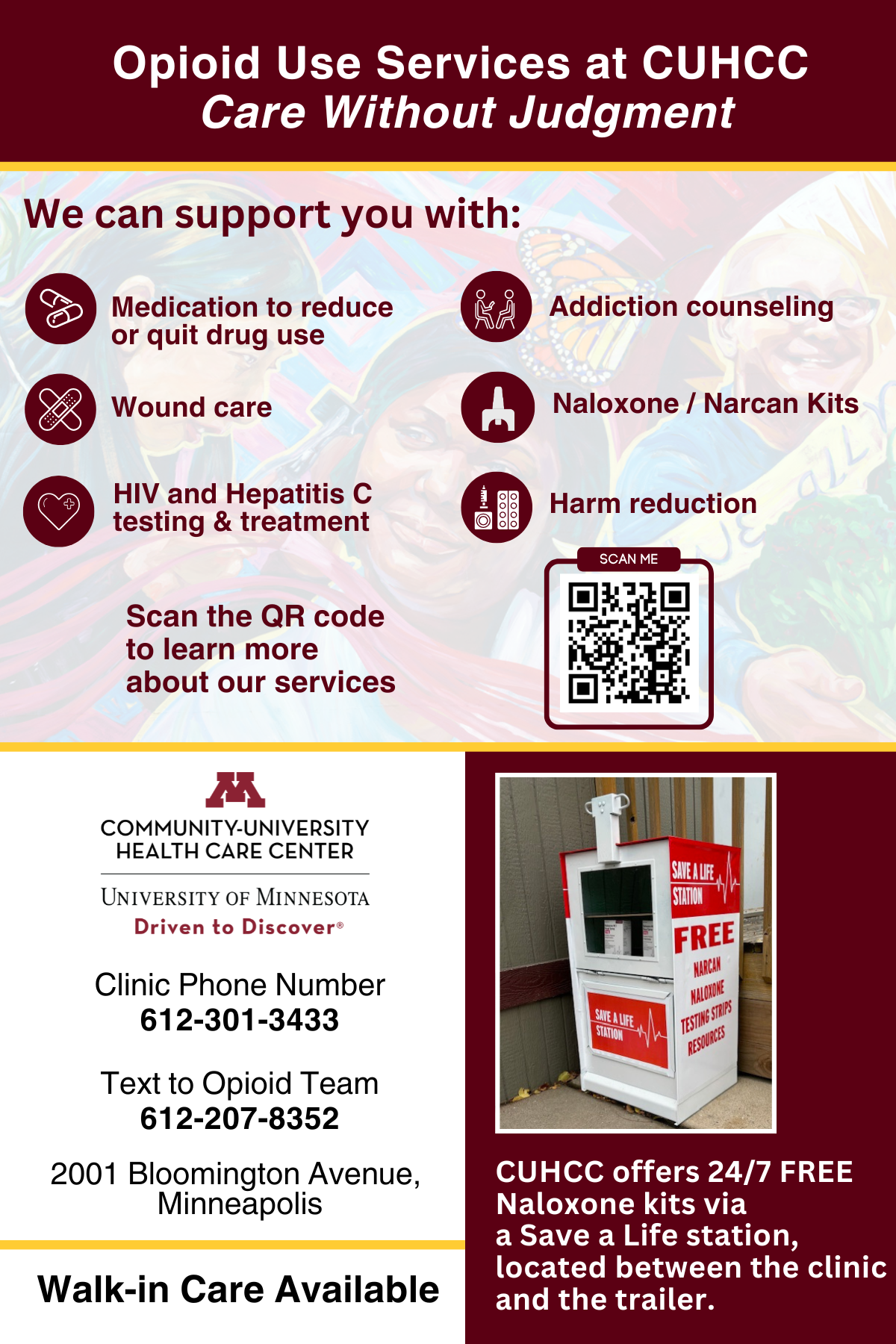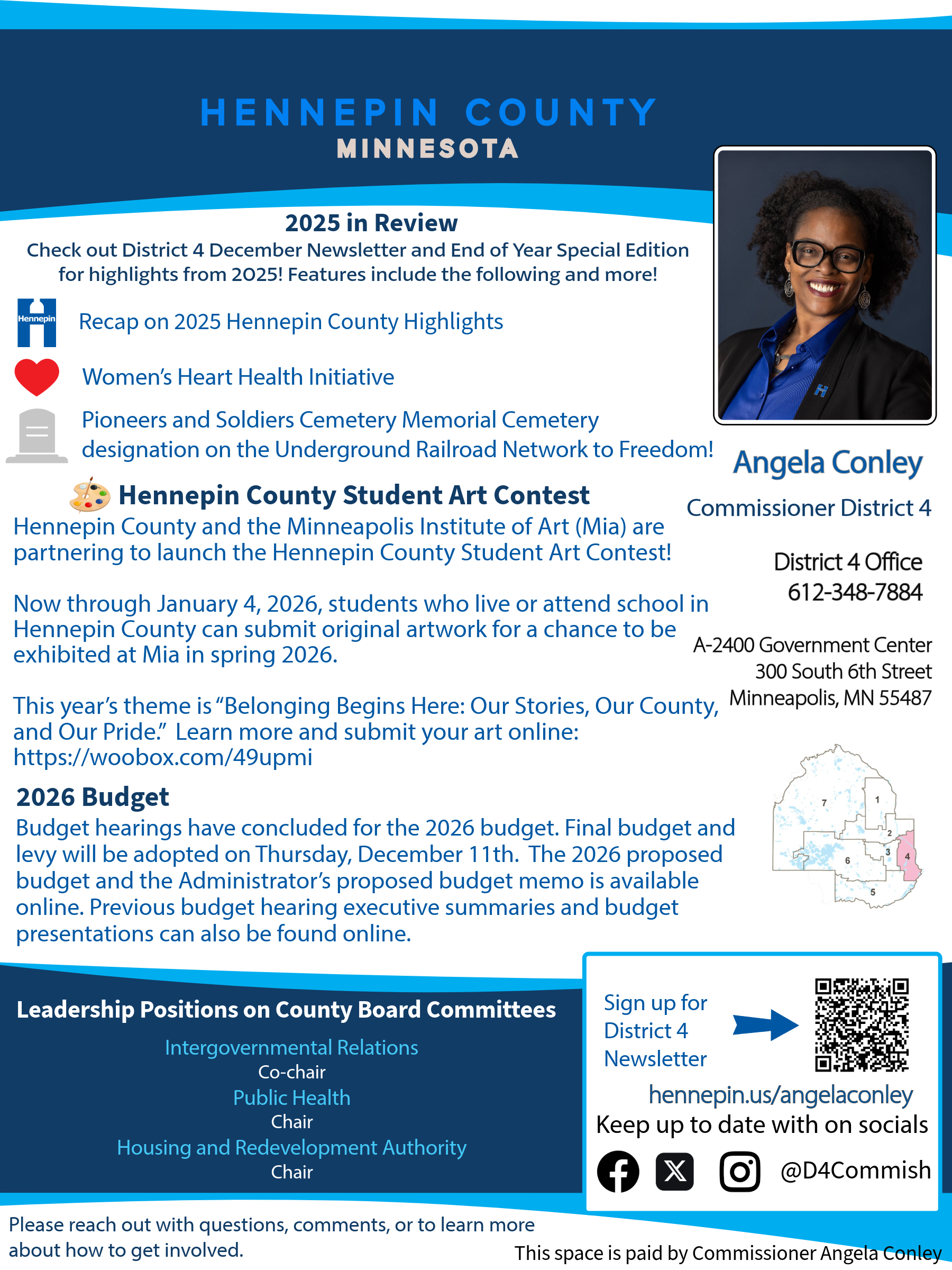””from a front-line public health nurse, 5.18.2020
I am reaching out to connect about the resource distribution and conditions for people experiencing unsheltered homelessness in MN, and the resonance to a dire time in state”™s history.
Summer 1862: displaced Indigenous people, of the recently established State of MN, were waiting on over-due annuity from the U.S. gov”™t. Exposed to a series of epidemic diseases, hungry, vacated from land and homes, they asked officials for more credit for food and supplies from locally-controlled stores in order to survive the months to come.

One local response was, “Let them eat grass, or their own dung.”
2020: displaced Indigenous people, of the still-occupied Dakota land, continue to wait on the overdue annuity from the US gov”™t. 2020: Indigenous descendants are 17 times more likely than white-settler descendants to experience homelessness in MN. Access to land and housing has never been an accident, access to land and housing is a purposeful system of displacement that destroys community and erodes culture; leaving individuals at highest risk for hunger, disease, and poverty.
The story of resilience is a MN story, and more specifically, an Indigenous story. It is not a story simply of those who survive displacement, starvation, and genocide – but a story of how culture and resource inherently of this place is meant to thrive. The abundance in MN at this moment will be measured by how well we care for each resident of MN, and particularly those most at the margins. 2020 is a historical time to tell the story that starts with enough is enough – and ends with everyone having enough to thrive.

Displaced Indigenous people in Mpls. are currently among those without food and water, waiting on local officials to carry out the federal guidelines for pandemic response. Local officials stall plans for food and water distribution, hygiene stations, bathrooms – and now offer that closing encampments is the right response.
State health officials acknowledge that the COVID-19 virus is community spread in the unsheltered community, and yet departments do not fulfill the contact investigation or testing needed to respond to the scale of the community-spread crisis. Now, before monitoring the progress of the disease, state health officials endorse closing existing encampments without alternate places for individuals to go. The duration of the Shelter in Place order left state decision with no plans for unsheltered Minnesotans to access to food/water, healthcare, sanitation, and ability to isolate. Enough is enough.
Enforcement of further displacement under the direction of local leadership and public health is too familiar in MN. Inadequate and inhumane conditions created by the systems that tolerate starvation and disease are not enough.
MN needs partnerships in 2020 that can support us through this moment, so that when we are past the curve, there is never an instance when people are once again left “to eat grass.” We need, at this time – and as always, to center the well-being of each of us, to promote the well-being of all of MN.
Please bring the conversation of provisions and protections forward for unsheltered and displaced Minnesotans at this time, and fully endorse and implement the CDC guidelines for unsheltered homelessness. https://www.cdc.gov/coronavirus/2019-ncov/community/homeless-shelters/unsheltered-homelessness.html
Ӣ Provide isolation by use of hotels for people without housing at the crisis-scale.
Ӣ Suspend the executive order, Now!: camps can be cleared as a public health concern.
Ӣ Establish state, county, and city partnerships ensuring distribution of food, water, hygiene items, trash collection, & resource distribution to displaced individuals statewide.
Thank you, for your commitment to the resource and resilience of our community now & always.
Sincerely, a front-line Public Health Nurse









